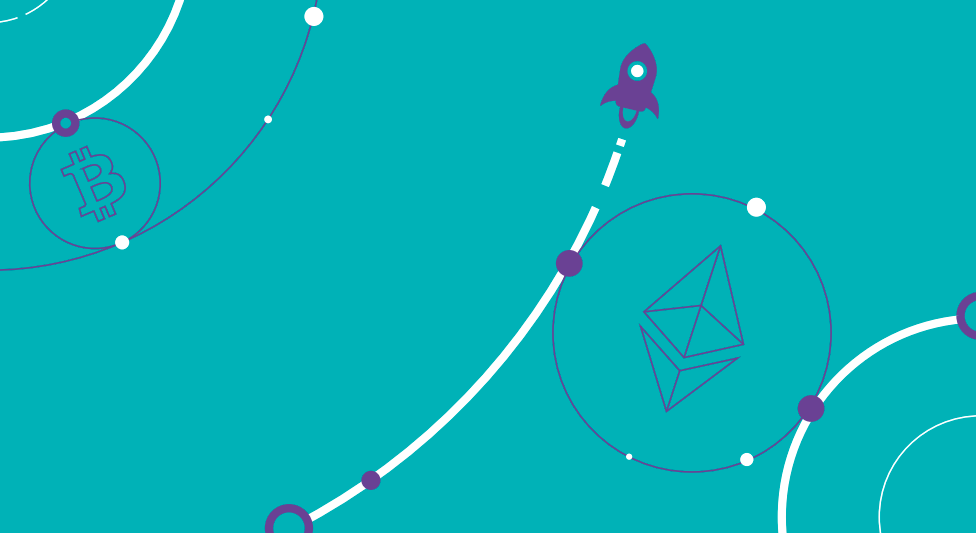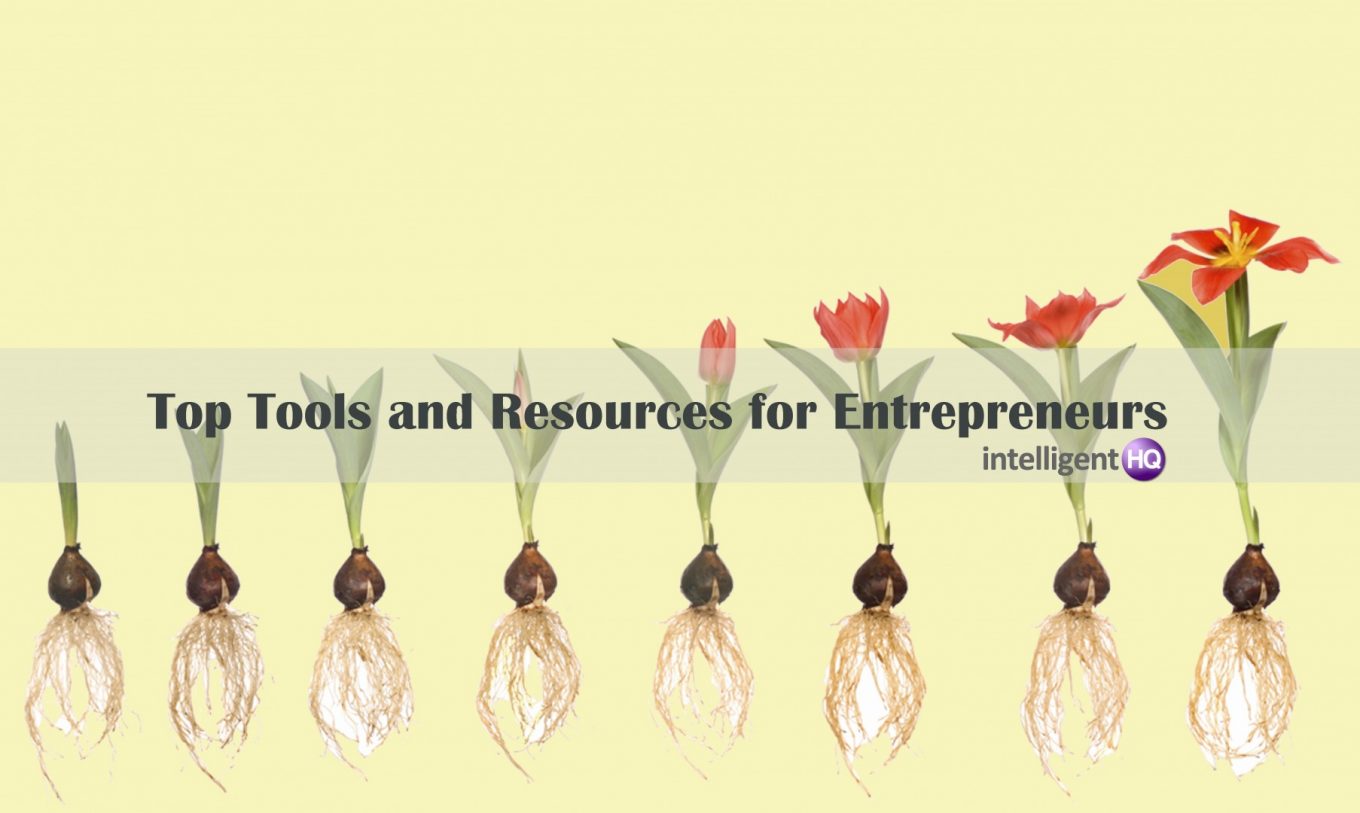
Initial Coin Offerings can make this a reality, according to an in-depth survey of the model.
ICOs, initial coin offerings,are a model for raising money that is not only succeeding in raising significant sums for blockchain-based apps, they are also democratising access to the raising and investing of money.
So argue non-profit organisation the Stellar Foundation and the public-private initiative the Luxembourg House of Financial Technology Foundation, who have surveyed the development of ICOs and reached a number of conclusions on the innovative method of raising money that has skyrocketed in popularity.
ICOs have raised over $1.8bn since January alone for fledgling organisations behind De-centralised Apps and have the potential to be a powerful catalyst for the development of open-source blockchain technologies, they conclude. This comes in a report on their findings that is aimed at educating industry leaders, lawyers, policymakers and the general public on ICOs.
In themselves, ICOs have been “significant drivers for financial access and inclusion,” opening up a stake in future technologies to many more people.
While venture financing tends to be concentrated in financial hubs like Silicon Valley, New York City, and London, “the ICO method generally allows anyone in any geography to raise money, and generally permits anyone to contribute”. They also, importantly, provide a new model of financing for open-source projects that can “encourage growth in open-source development and that are open to non-profit organisations”.

Far from only raising capital, they note, ICOs have proved ways to gather large, committed groups of customers before products and services officially launch, similarly to how companies use Kickstarter to rally a customer base. Token holders are not only investors, they are users “invested in the growth and success of decentralised applications,” boosting their network effects of the apps.
The intervention comes from organisations that are driving technological innovation, including in Luxembourg, a preeminent centre for digital financial services. It is all the more powerful for the report’s rounded consideration, holding up the advantages of alternative of an Initial Public Offering (better, it suggests, when there is a mature product and business strategy), and for underlining that as with any form of investment there are risks, and a need for regulation.
Since tokens are sent to and from cryptographically generated addresses, token buyers cannot be easily identified, and crypto-currencies allow fully anonymous transactions.” The report recommends that know-your-customer requirements are extended to ICOs in order to combat money-laundering schemes, holding up as best practice. “Some platforms enable organizations to require and share personally identifying information when making a transaction.”
However, they argue that regulation should be used as an catalyst and not as an inhibitor of innovation that ultimately hampers the democratisation of investment. “New investment products like ICOs offer more diversity to investors and limit reliance on venture capital to fund innovative projects. ICOs provide a way to reach investors all around the world. “Limiting the eligibility of who can buy tokens, limits the demographic of who can contribute to an ICO.”
Ultimately, the report suggests, the startups that hold ICOs can themselves follow best practices that will ensure that regulation can provide necessary clarity without being restrictive. Top of the list is enhancing transparency, so that potential token-buyers can ensure the team members fulfill technology and security auditing requirements, financial auditing requirements, and disclose their CVs. ICO structures that maximise participatory inclusiveness, including by phasing the offers, and capping contributions, so that there can be greater engagement and time for evaluating the organisations’ achievements.
Publishing detailed white papers that are reviewed by third-party experts, and include a discussion of current and anticipated risks of the ICOs and the businesses will help with this, as will being honest and transparent about progress and setbacks, and clearing up community-generated misconceptions, the report adds. Responsiveness on open channels of communication on social media and platforms such as Slack and Twitter are also recommended.
Following such steps are necessary, the report suggests, if the desirable democratisation of financialised capitalism is to be realised.
Thought leadership series on new trends and blockchain, powered by Humaniq.
Launched in 2016, Humaniq aims to provide mobile finance to the 2 billion unbanked population through its mobile app for good, that uses biometric authentication to replace traditional methods of ID and security. Humaniq’s open source stack and API will be available for startups and other businesses to build services on its core technology, making it easy to adapt their service and plug it into Humaniq’s network to reach a huge, untapped audience.
Lee Baker is a storyteller and community organiser who inspires and prepares people for leadership. He trained as a journalist after writing his first article at the age of 13 and gained a Masters in Modern and Contemporary Literature. His journalism is designed to help influence better policy-making and he works with change-makers to tell their stories to communicate how others might follow. He is a south Londoner who has supported people to confront those in power in Brixton and win changes. He set up his own social enterprise driven by the belief that everybody can demonstrate leadership. He has designed and delivered training courses to help unleash this potential.




























